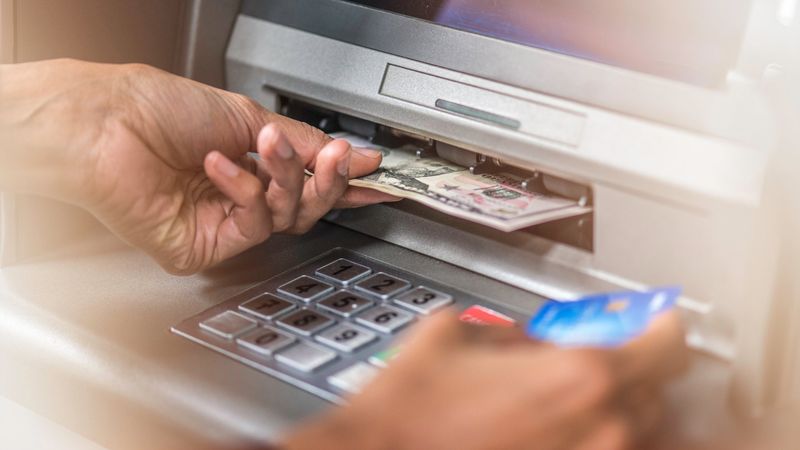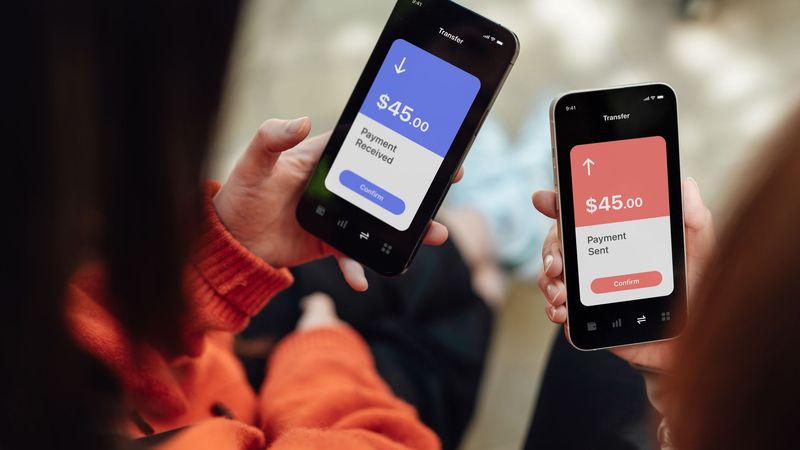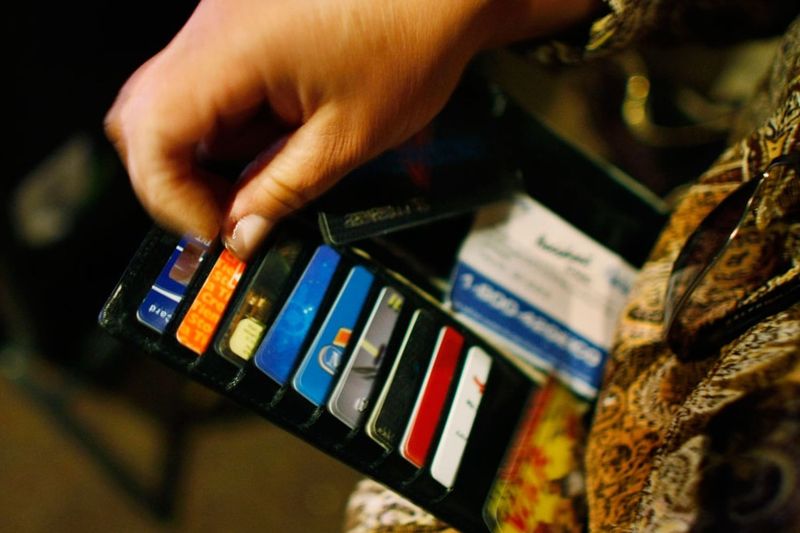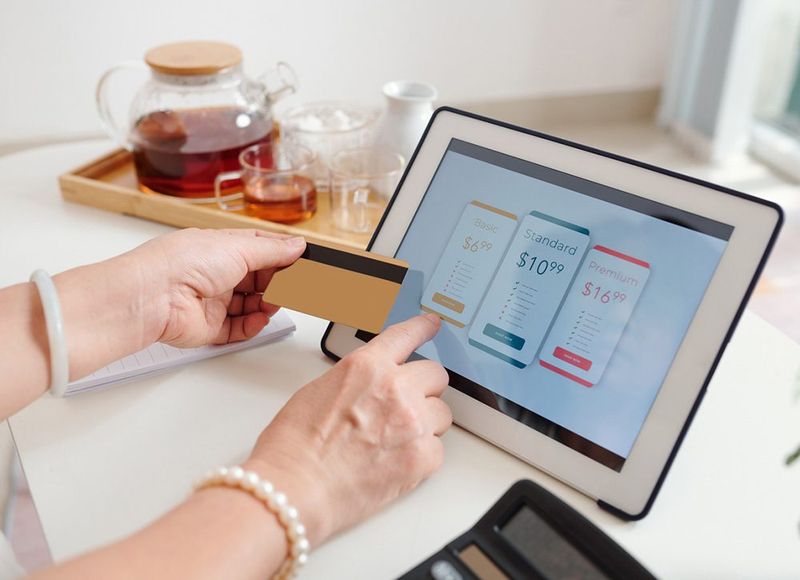Credit cards offer convenience, rewards, and even protection on purchases—but they’re not always the smartest payment method. In fact, using your credit card in the wrong situations can hurt your finances, rack up fees, or even damage your credit score.
It’s important to know when to swipe—and when to think twice. Whether it’s avoiding unnecessary interest, protecting your credit utilization, or steering clear of shady charges, recognizing the red flags can save you money and stress.
Below are 12 common situations where using your credit card could backfire—plus smarter ways to handle them.
1. When You’re Struggling with Credit Card Debt
Carrying a balance on your credit card is enough to cause financial stress. When you’re already struggling with credit card debt, adding more to it is like pouring gasoline on a fire. Instead, focus on paying down what you owe to regain control.
Chipping away at your existing balance rather than increasing it will help you sleep better at night. You might even find creative ways to save money that you hadn’t considered before.
If you need to make a purchase, consider using cash or a debit card so you don’t deepen the debt spiral.
2. At Retailers That Charge Credit Card Fees
Nobody likes surprise fees, especially when they can be avoided. Some retailers tack on an extra percentage when you pay with a credit card, aiming to pass the processing fee onto you.
These charges can quickly add up, transforming a good deal into a bad one. If you encounter such a policy, consider using cash or a debit card to sidestep these extra costs.
Being aware of such practices can save you a few dollars that add up over time, making your shopping experience more pleasant.
3. For Cash Advances
Accessing quick cash from a credit card can seem convenient. Yet, cash advances come with steep interest rates and fees, and there’s no grace period.
This means interest starts accumulating immediately, making it a costly way to access money. Avoid using this feature unless it’s a true emergency, and even then, explore other options first.
Consider a personal loan or asking a friend for help. Cash advances are often a last resort when you’re out of other options.
4. When You Can’t Afford to Pay the Balance in Full
Interest charges can sneak up on you. If you’re uncertain about paying your balance in full, it might be wiser to hold off on using your credit card.
When balances are left unpaid, interest quickly adds up, making seemingly small amounts grow larger over time. This can strain your financial situation and lead to stress.
Evaluate your budget first, and consider whether a purchase is truly necessary. If it can wait, you’ll save money and mental energy by paying with cash or debit.
5. With Friends or Family (to Avoid Repayment Issues)
Spotting a friend or family member may seem generous. But using your credit card for group expenses can lead to sticky situations if repayment isn’t prompt.
Awkward conversations about money can strain relationships. If you’re fronting costs, make sure everyone’s on the same page about repayment terms.
Consider using apps that allow everyone to pay their share upfront. This can keep your relationships cordial and your finances intact.
6. On Gambling or Lottery Purchases
Your luck might not be as reliable as you’d hope. Charging gambling or lottery tickets to your credit card often results in hefty fees, similar to cash advances.
It’s risky behavior that can lead to financial trouble if not controlled. If you enjoy gambling, set a cash budget to avoid temptation.
Discipline is key in these situations to ensure your fun doesn’t come with an unpleasant surprise on your bill.
7. For Tuition or Student Loans
Paying education costs with a credit card might incur significant fees. Many institutions charge extra for this convenience, which can be avoided with bank transfers or checks.
These fees add unnecessary costs to your already expensive education bills. Exploring other payment methods is often more economical.
Stretch your education dollars further by using payment plans, financial aid, or direct debit methods.
8. When You’re Near Your Credit Limit
Maxing out your credit card can damage your credit score. High credit utilization signals financial distress to lenders, even if you’re just temporarily maxed out.
Staying below 30% of your credit limit is the golden rule to maintain good credit health. If you’re creeping up on your limit, it’s time to rethink your spending.
Using cash or debit for a while can help you maintain your creditworthiness and keep your score intact.
9. At Establishments You Don’t Fully Trust
Fraud can happen when you least expect it. Using your credit card at places you’re unsure about, like certain gas stations or unfamiliar online shops, can be risky.
The potential for identity theft or unauthorized charges is higher in these situations. Consider using a prepaid or virtual card to add a layer of security.
Being cautious can save you from the hassle of disputing charges or dealing with identity theft.
10. When Making Impulse Purchases
Impulse buys are the bane of a budget-conscious person. Credit cards make it easy to detach from the real cost of items.
This psychological detachment can lead to regrets and financial strain. Before swiping, take a moment to evaluate if the purchase is truly necessary.
If it’s an emotional buy, consider leaving the card at home and shopping with cash to keep spending in check.
11. For Subscription Services You Might Forget to Cancel
Subscription services can be sneaky. Free trials and auto-renewals can creep up on you, quietly draining your credit card.
Without vigilant tracking, you might end up paying for something you don’t use or need. Using a prepaid card or setting reminders can help manage these services.
Staying organized with subscriptions can prevent unwanted charges and keep your finances tidy.
12. When Traveling Abroad Without a No-Foreign-Fee Card
Traveling is exciting, but foreign transaction fees aren’t. Many credit cards charge these fees, adding unwanted costs.
Using a travel-friendly debit card or a card with no foreign transaction fees can save you money. It’s wise to plan your finances before you journey.
Research card options before your trip to keep your travel budget intact and avoid unnecessary charges.













Comments
Loading…